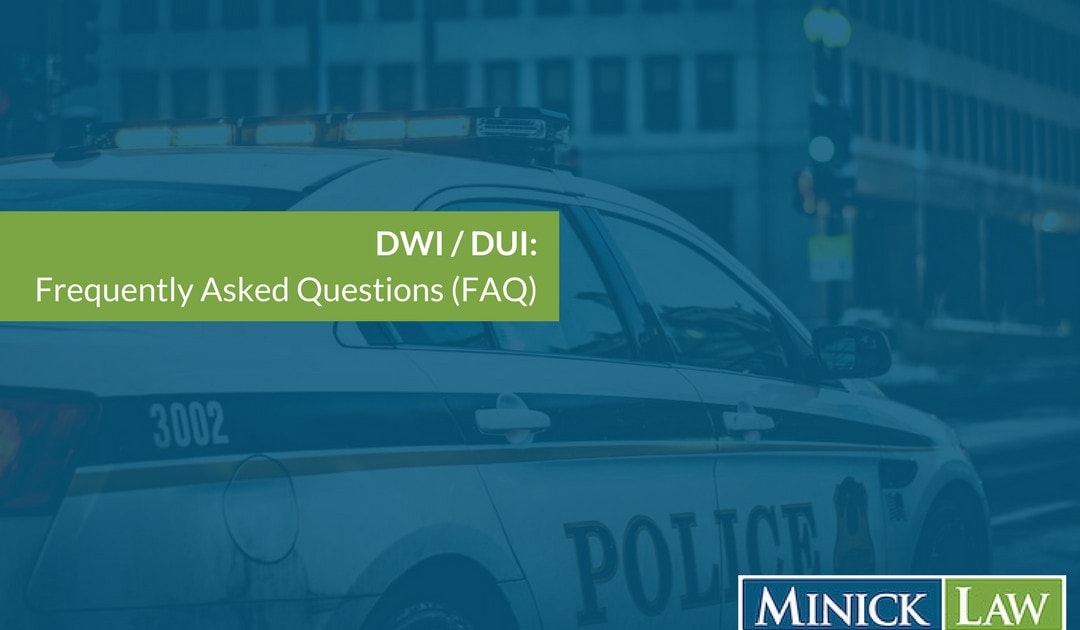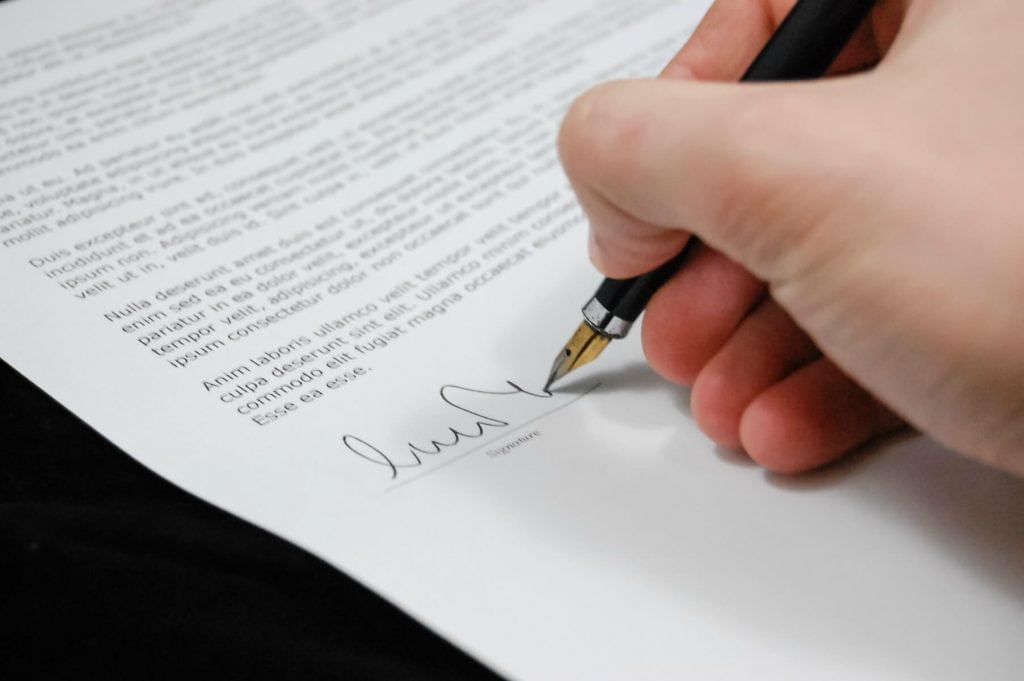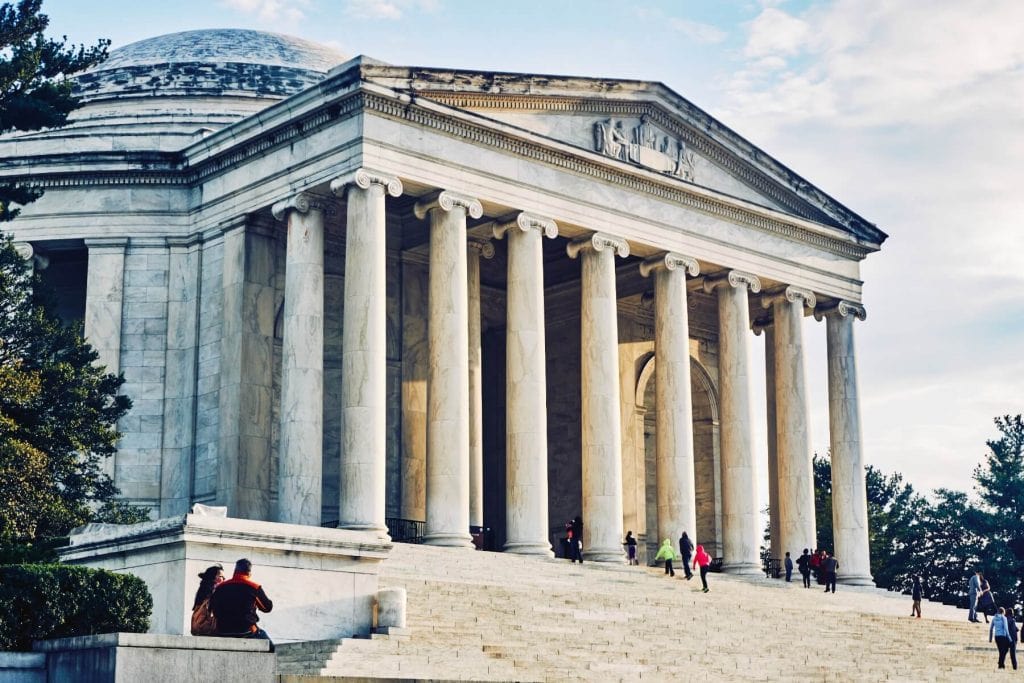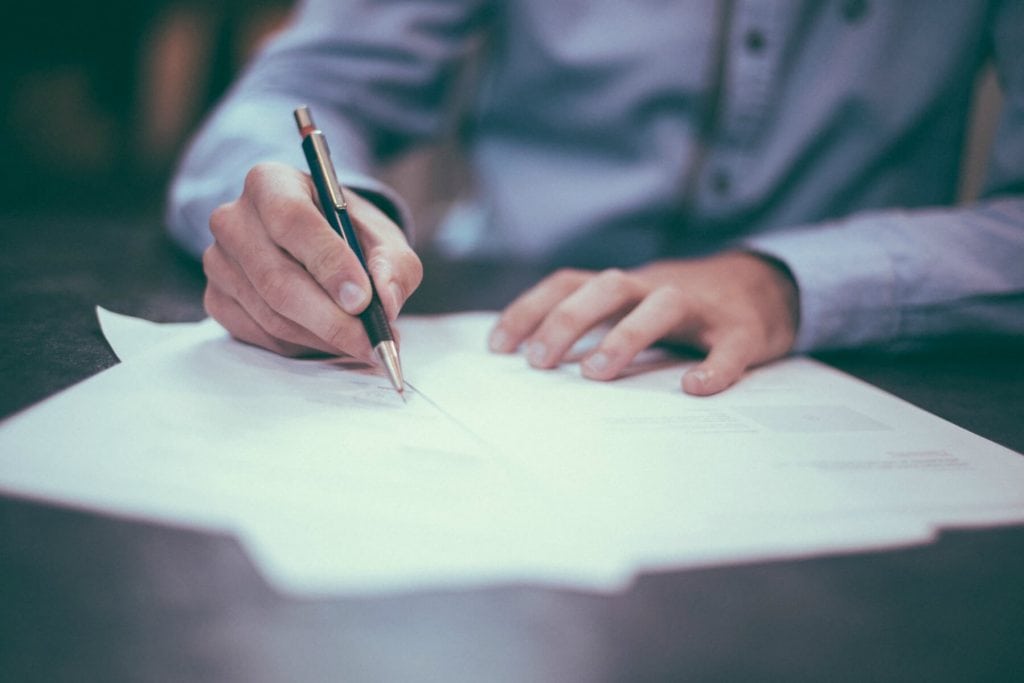You have rights and it’s important to know them. In this post we’ll tackle frequently asked questions after an arrest so you’ll know how to respond in case you ever get booked.
Can I be arrested without an arrest warrant?
Absolutely. In North Carolina if officers see criminal activity it’s within the law for them to make an arrest. Officers don’t even have to witness a crime, if they have sufficient reason to believe a felony is being committed or has been committed they can make an arrest. So even if you aren’t caught in the act, you can still be placed under arrest without a warrant.
What rights do I have after an arrest?
Anyone with a TV has probably heard Miranda Rights being given, but it’s important to know just exactly what those rights are and what they mean.
Miranda Rights date back to 1966, when the defense argued that they were not notified of their rights leading to a forced confession. Essentially, these rights prevent law enforcement from bullying a suspect into admitting a crime. They protect you from cops that might try to interrogate you without letting you first seek legal counsel.
In full these are your Miranda Rights:
- You have the right to remain silent.
- Anything you say can and will be used against you in a court of law
- You have the right to an attorney
- If you cannot afford an attorney, one will be appointed for you.
Yep, just like on TV.
It’s important to dispel a popular myth about Miranda Rights though. You might have heard that if an officer doesn’t read you your rights, that your case will be thrown out. This isn’t true. They actually aren’t technically required to read them. If an officer foregoes reading your rights while you’re in custody, it just means anything you say to them can’t be used against you.
What is Processing?
After you’re brought under police custody, you’ll be brought to the station and booked. This is when they’ll get your information and fingerprints, confiscate your belongings, and take your mugshot. You’ll then be placed in a holding cell where you’ll wait for your trial or until bail is posted.
What happens at an initial appearance?
Within a few hour you’ll have your first appearance or arraignment. Here’s what you can expect:
- You’ll be read the charges against you
- Advised of your right to trial and trial by jury
- Your right to counsel is explained and the judge or magistrate will appoint you a lawyer if you can’t afford a private one.
- You’ll then enter your plea. If you’ve hired a lawyer or if one has been assigned to you, you’ll plead not guilty and a trial date will be set. If you plead guilty you’ll be given a date for sentencing or the judge will impose probation, fines or other sentences immediately.
- If you plead not guilty, the judge will then set bail.
What is bail and how should I handle it?
Bail is how the court ensures you’ll return for your trial. Bail takes the form of cash, bonds or property that the court will seize if you don’t show up. If you don’t show up the court will also issue a warrant for your arrest.
If this is your first time in court, there’s a possibility of being released on your own recognizance, or O.R. If this is the case all you’ll have to do is sign a promise that you’ll come back for your court date.
Bail bonds should be avoided if possible. Bail bonds will cost you 10% of the bail amount but if you can post bail without one, you’ll get the entire amount back. For instance, if bail is $1000 and you buy a bond, that bond will cost you $100 but if you posted the bail with your own cash or property, you’d get the entire amount back upon meeting the court’s requirements.
Contact Us
If you or someone you know has been charged with a crime, it is important to consult with an experienced criminal defense attorney that can help zealously defend your case. Contact us at Minick Law, P.C. for a free consultation on your case.































